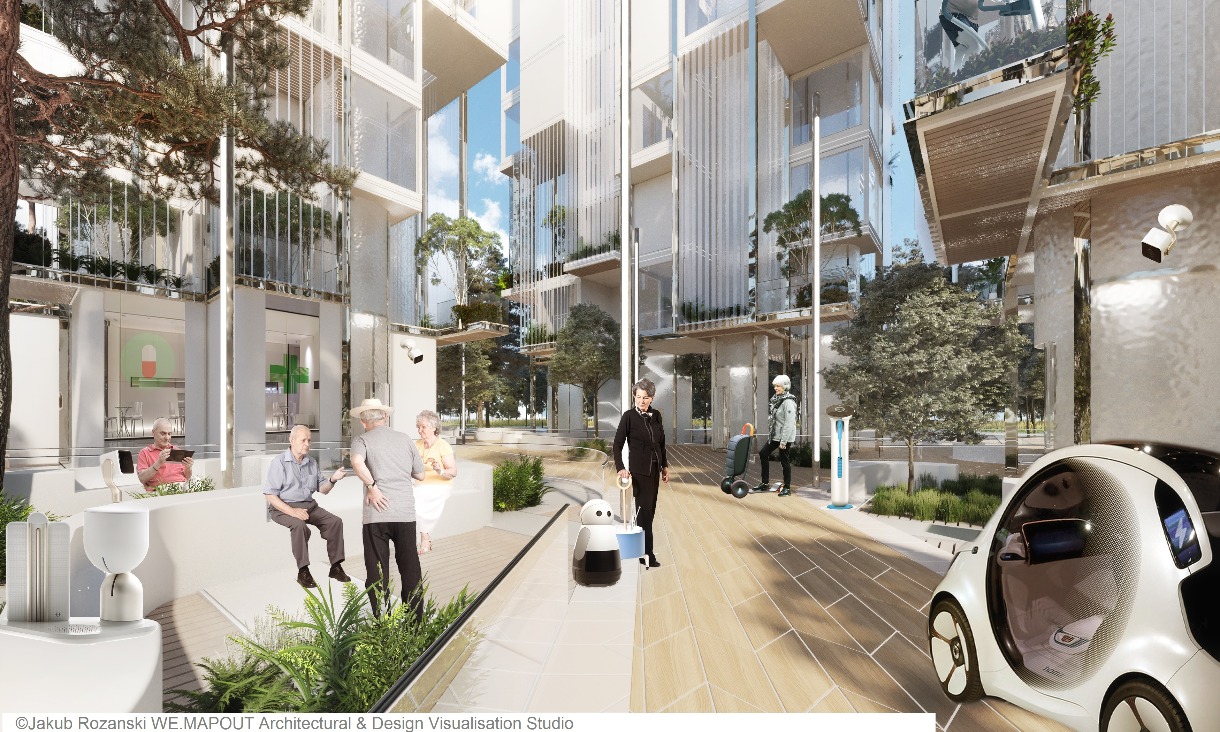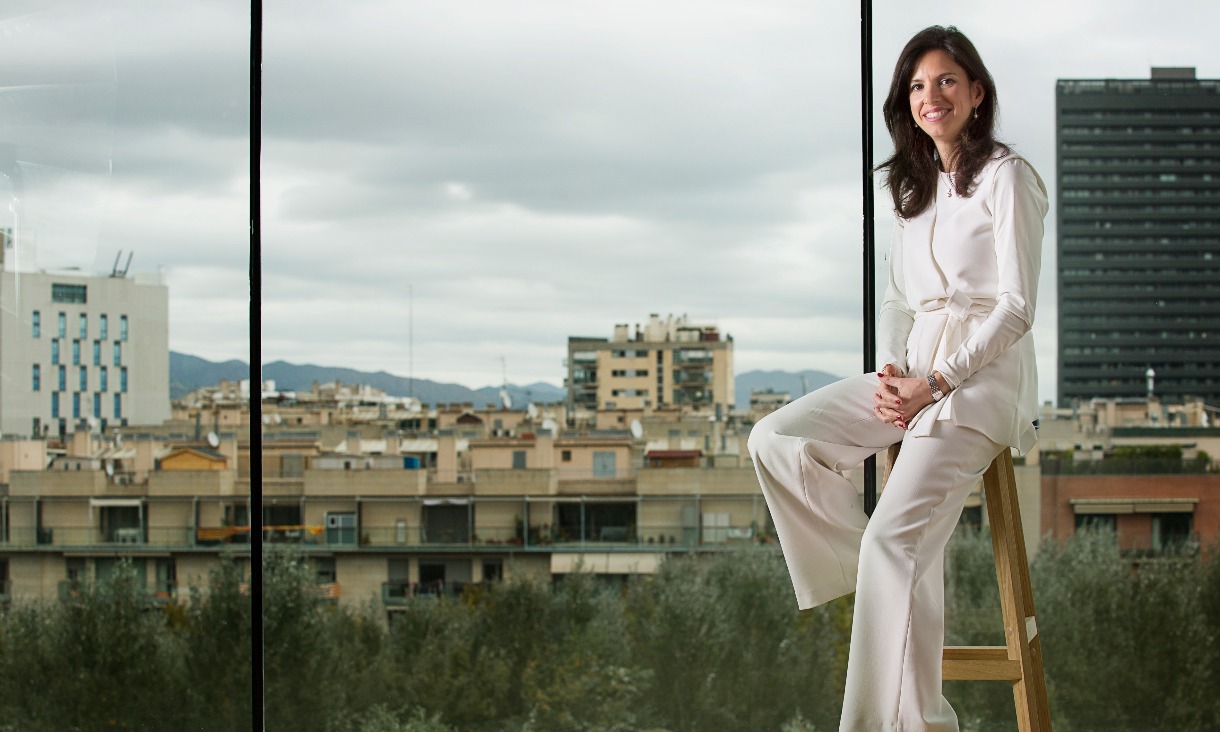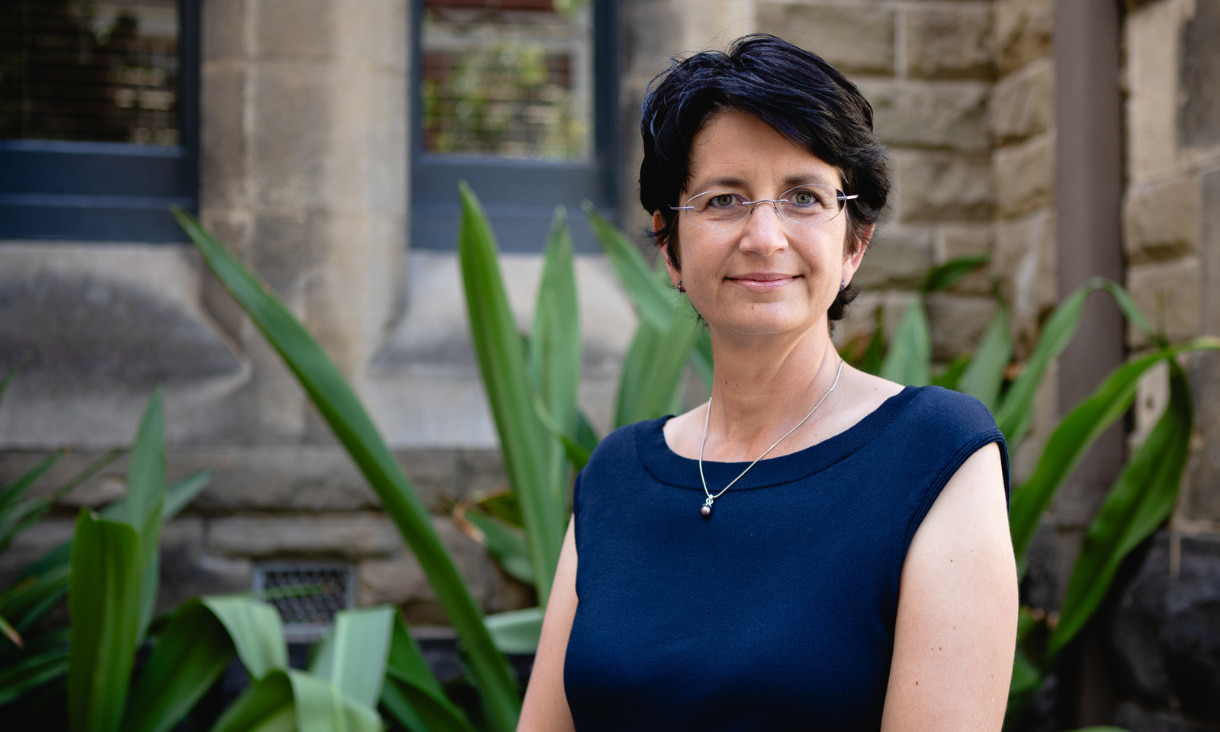Silicon spikes take out 96% of virus particles
An international research team led by RMIT University has designed and manufactured a virus-killing surface that could help control disease spread in hospitals, labs and other high-risk environments.
Pioneering Professor recognised for her lifelong work with Medal of the Order of Australia
Distinguished Professor Barbora de Courten OAM and Associate Dean School of Biomedical Sciences last month received a Medal of the Order of Australia in the General Division for her services to medical research and healthcare.
More than 1/3 illicit drugs sold on the dark web contain unexpected substances
Testing of illicit drugs bought online found 35% were not what they said they were, highlighting the urgent need for more local drug testing facilities in Australia to prevent harm and overdose.
Links between parental smoking and childhood obesity transcends socio-economic boundaries
A study into parental smoking and childhood obesity has challenged previous notions by revealing that the links between the two are not confined to a specific socio-economic group.





